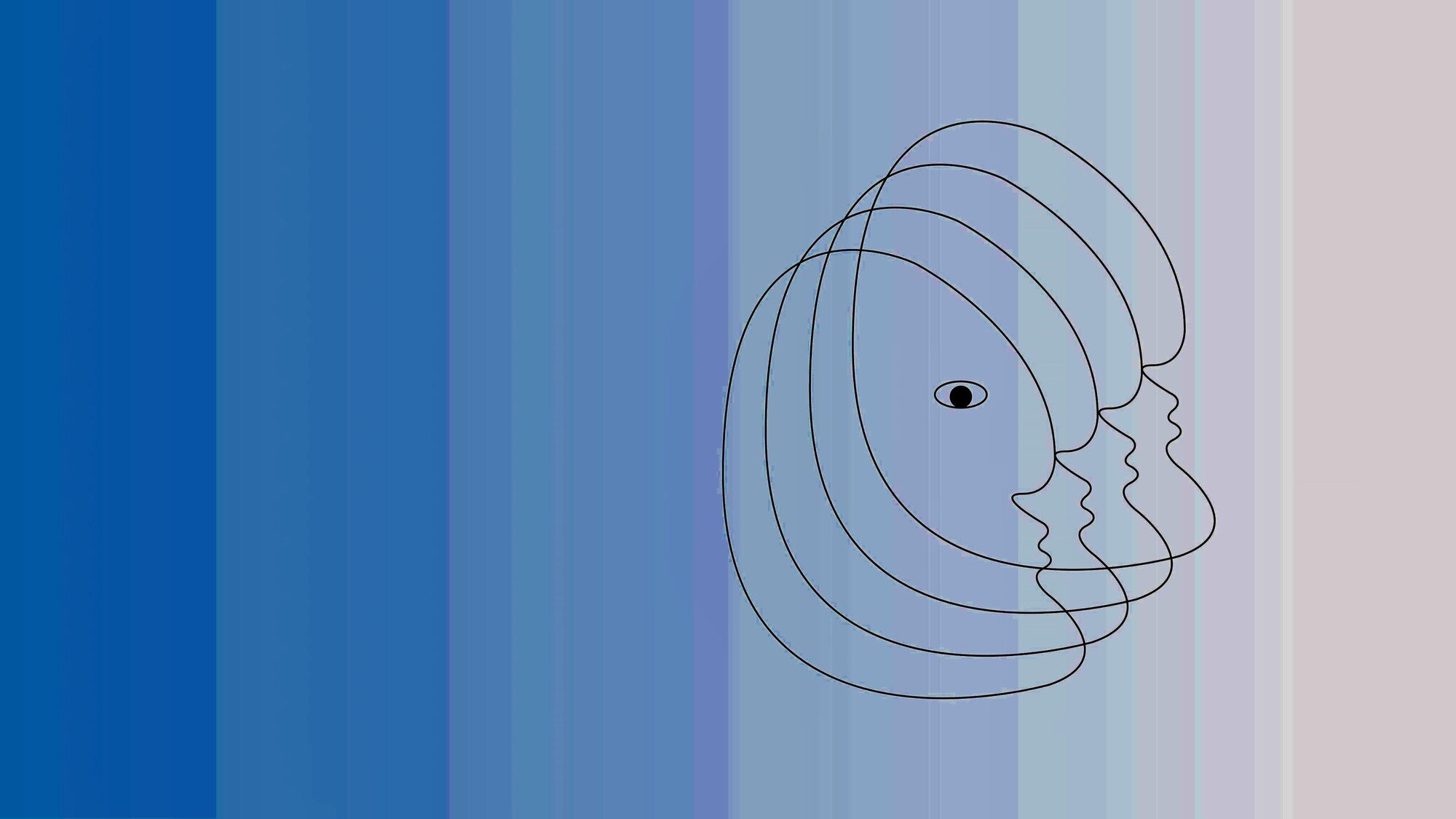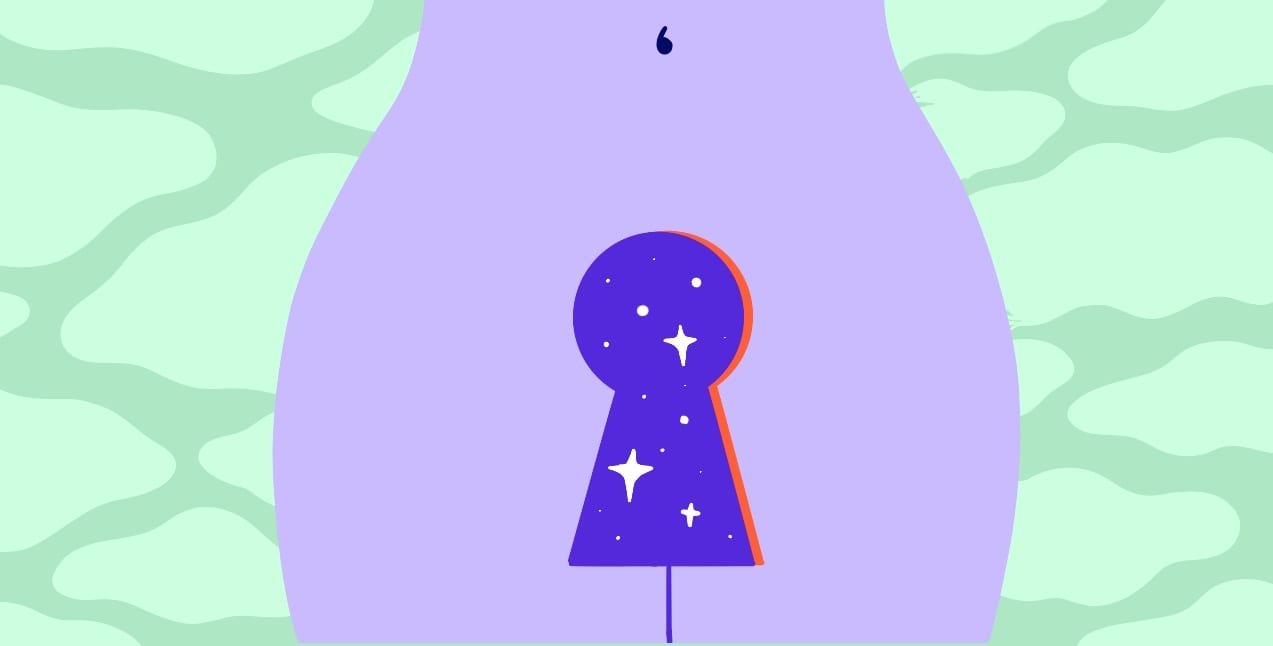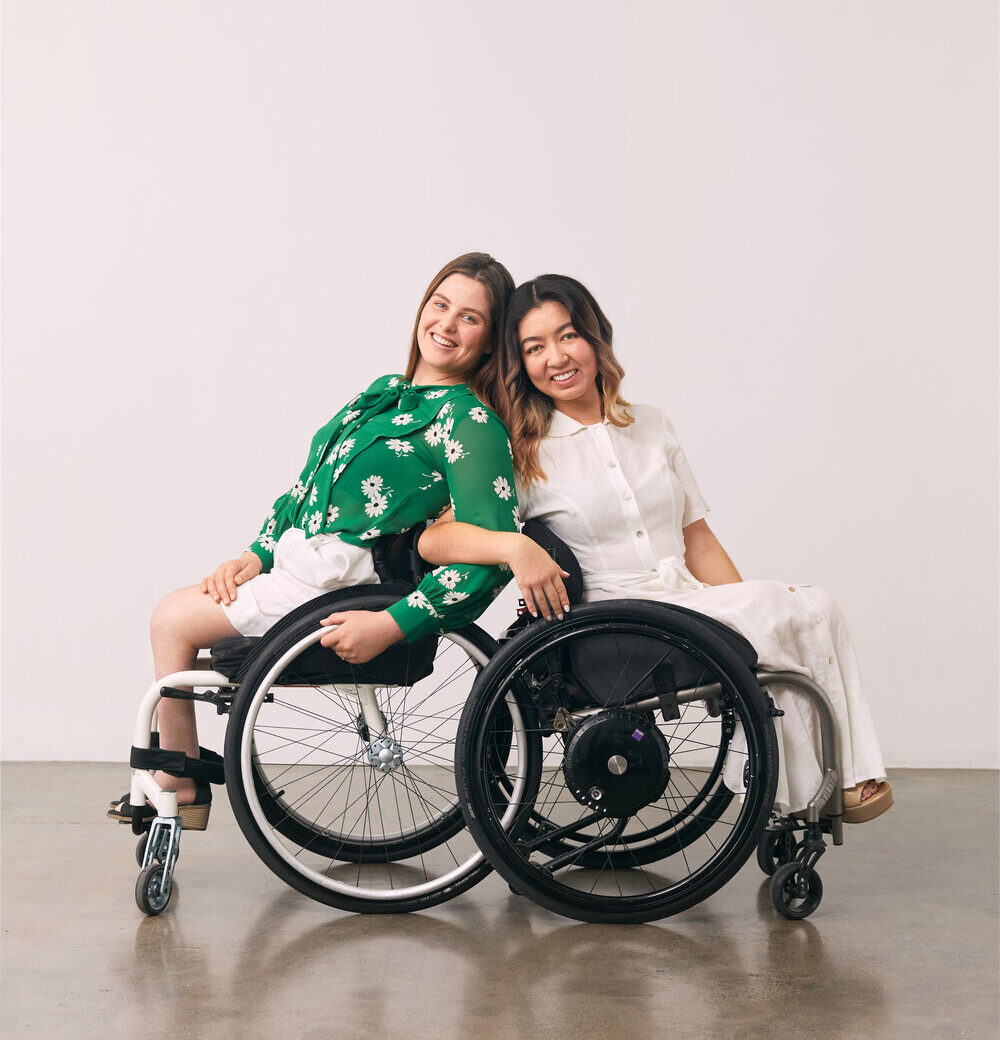
MHW: Ditch the ‘She’ll Be Right’ Attitude
It’s Mental Health Awareness Week, a time when we’re encouraged to open up and takes the steps to speak openly and honestly about our mental health. Here, Hannah Meakin, health practitioner and creator of practice Health With Han shares her insight into why this week is necessary, and the small steps you can take to make a difference to your mental health.
Meakin, who originally hails from the UK has spent her time studying mental health, nutrition, safeguarding and has a degree in psychology. Now living in Auckland, the guru sits down with Nak-Ed to give us some thoughts on mental health awareness week, the danger of the Kiwi ‘she’ll be right’ attitude, and the importance of making changes to benefit yourself.
—————————–
You’ve been operatingoperating in the mental health and wellness space for a while now, can you give us some insight into why mental health week is important for the community?
Mental health week is important within communities because some people view topics around mental health as a ‘taboo’ subject. Throughout my experiences within the mental health and wellness sector I have begun to understand and pick up on the fact that people don’t like or want to talk about it as much as say physical health because it’s not ‘normal.
Mental health awareness week allows people to have a platform where it can be spoken about and can seek advice and support through social media in particular.
You probably have friends and family who have times where they struggle with their mental wellness but you wouldn’t know, none of us usually do. This is why talking about mental health and wellness needs to be something that is more widely discussed.
It’s great to see a lot of people using mental health week to open up and speak out which ultimately helps remove the stigma surrounding it.

Talking about your mental health and your wellness will help lower the risks of mental illnesses. We often get caught up in the thought process that ‘mental health’ only needs to be discussed or spoken about when it is ‘bad’ or you are struggling.
Yet if we open up more avenues for people to discuss their mental wellbeing, we will see a dramatic increase in engagement and uptake with only positive effects. Mental health awareness week should be taken seriously and advantage of and used productively for support throughout the community.
Are there anyany habits or small changes you suggest people begin to look for their own wellness during Mental Health Week?
100% - the gap between where we are and where we want to be is called change. Starting small with habits and changes will eventually equivalate to big results. The main things I would suggest to people would be to move your body regularly, I don’t mean smash the gym every single day, just small things like start your day with a full-body stretch to wake your body and mind up - 10 minutes of light stretching is all it takes.
Secondly would be to make sure you stick to a routine, discipline is key. Make sure you know what you are doing each day, nothing causes stress more than a scattered mind due to scheduling.
Make self-care a priority once a week, this can be whatever you want as everyone will have different ideas but having ‘me’ time is super important. This one is a basic one drinking plenty of water to avoid brain fog, and lastly, make sure you’re having constant positive interactions and connecting with people when you can.

You’ve been ableable to see the mental health of both local and international communities, how do Kiwis stack up when it comes to speaking about mental health?
This is a tricky one, after spending a number of years here in NZ, I have noticed a lot of people I have crossed paths with during a personal and a professional environment have no issue at all mentioning their mental health concerns. In saying that, what is talked about is very surface-level.
When you try to get an insight into what a Kiwi has done for their mental health, it often gets shut down with a ‘she’ll be right mentality’.
Yet, It’s not just kiwis I have seen this from. I’m English and we’re quite proud as a country so it’s the same thing. However, I am seeing a slow, small change in this and just believe more awareness and resources could be provided to allow people to open up more in a safe space.
One of thethe big buzzwords these days is Burn Out, how do you suggest people start to really look at where they’re putting their mental energy?
Burning out is so common and sometimes we don’t even realise it is happening.
Avoiding burnout starts from the basics. It’s important that we are doing some form of exercise, eating a balanced diet, and practicing a good sleep routine. These are the biggest factors in your life to avoid a crash.
Practicing things such as journaling to get down everything that is in your mind, having to-do lists that allow you to plan and prioritise is key. Saying no to things if you don’t want to do them is always important, otherwise, we are wasting energy on things we really don’t want to do.
Burnouts can be easily avoided if you just listen to your body and take breaks when you need to.
Community is obviouslyobviously a big part of Mental Health Week, how do you suggest people ‘show up’
It starts from noticing signs that people may be struggling. Things such as how often someone cancels plans and if they have longer response times than usual, changes in behaviour, emotional outbursts, routine falling out of sync.
These are the most common signs that someone may be dealing with some mental health concerns.
It is so important to just check in with people and let them know you are there just for a pair of ears.
Doing your own research to learn and to understand the signs and how we can help, but also remember we are not professionals so don’t try and give unsolicited advice, just be there as a friend.
If you know someone close to you who has a genuine mental health disorder it’s important to encourage treatment/help but do not push it onto them.
Help them set specific goals that are realistic that can be approached one small step at a time. Always be open to discussion and be a safe place for others.
Covid-19 and thethe lockdowns have been tough on a lot of people, what advice would you give those struggling with their own mental health even as we’re still confined to our homes?
Lockdowns have been such a strain on people’s mental well-being including my own at some points.
My advice would be to stick to a routine to be able to feel some normality, wake up at the same time, start your day with lots of water to get your body awake, get outside and be as active as possible.
Journaling has been a huge help for me personally, just being able to put down all my thoughts onto paper and then close the book on them, it’s a visual activity that really helps.
Eat good food full of nutritional value and limit alcohol. Although it provides short-term pleasure in the long run, it can make our mental health worse throughout lockdown. Lastly, stay connected to people as much as you can.
What’s the bestbest advice you’ve ever been given when it comes to looking after your mental health and wellness?
The best advice I have ever been given was “look into your mental diet”, I had never thought the people I surrounded myself with, the Instagram pages I followed would make such an impact on my mental health.
I limited my time with people who only have negative things to say, I unfollowed pages that weren’t adding value to my life, and I started listening to podcasts and reading books that were adding positive impacts to my life.
The second thing would be to schedule “me time” into your weekly plan, this can be where you do someone productive and positive for your mental health, if I have this in my calendar each week then it’s easier for me to stick to and make sure I am giving myself 100%.
Lastly, saying ‘no’ to things you don’t want to do. I was so caught up in trying to please everybody and do everything that I was starting to struggle and couldn’t manage everything.
I was known as the yes girl, now that can be good in some ways but as time went on it started to take a negative toll on me, so now I can comfortably say no to things to allow me to focus on other tasks and interactions that are positive for me.
Related Posts
The ‘Toughen Up’ mindset is killing our men
Why the 'she'll be right' attitude causes more harm than good
How getting past disconnected sex starts with yourself
Why ultimately, we are responsible for our own pleasure
‘Grin and Bare It’: It’s time to break the stigma surrounding menopause
No one should be expected to 'power through' this fucked up time
Saving my ex-boyfriends life was my biggest regret
Guest writer Kendra Taylor explores her biggest regret
‘What’s Wrong With You’ podcast shines a light on real and raw barriers faced by disabled community
This podcast shines a light on real and raw barriers
How to overcome the newest issue; Worry Burnout
Recognise the signs early of the newest term, worry burnout







